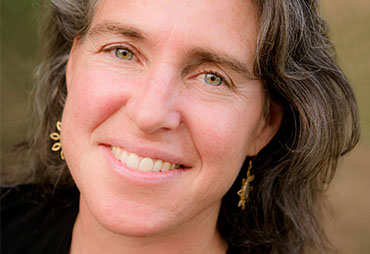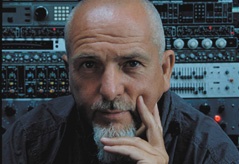
Police Violence, Video, and Truth Telling at WITNESS
It’s been 55 years since police violence sparked the Watts rebellion. It’s been 28 years since the Rodney King arrest, beating, filming, and subsequent uprising in South Los Angeles. Today,…
WITNESS was founded over two decades ago after a bystander, George Holliday, recorded the brutal beating of Rodney King by Los Angeles police officers. In response, musician and activist Peter Gabriel co-founded WITNESS with the vision that video technology could be used as a tool for the advancement of human rights. Today, WITNESS is fostering a new ecosystem where vulnerable and marginalized communities turning to video and technology to create change can do so safely, ethically, and effectively – providing the foundation for a free, equal, informed, and just society. WITNESS does this via two interconnected programmatic pillars:
1) Fostering mass participation in human rights by increasing the skills and capacity of at risk and marginalized communities, human rights defenders, media activists, journalists, and lawyers to use video and technology safely, ethically, and effectively – strengthening the ecosystem for human rights at the local, regional and international levels.
2) Making technology systems safer and more inclusive and effective for human rights activism by at-risk and marginalized communities and billions of other people throughout the world. WITNESS does this through targeted advocacy and strategic partnerships with leading technology companies as well as through developing proactive, collaborative solutions to counter the threats of emerging technologies.
A world where anyone, anywhere can use video and technology to protect and defend human rights.
To disrupt the current equilibrium via a “bottom-up” approach to democratizing who participates in human rights as well as a “top-down” approach to influence how technology systems impact billions.

Peter Gabriel had already made a mark on the human rights movement with his music and his activism when he co-founded WITNESS in 1992 to put video cameras into the hands of human-rights activists. One of those activists was Gillian Caldwell, who was using undercover cameras to investigate Russian mafia involved in trafficking women into forced prostitution. She was recruited as WITNESS’s executive director in 1998. She realized WITNESS partners needed training on how to film a compelling story, get their films before decision makers who could make a difference, and get their films shown by major media outlets. She built the organization into a major international resource for the media and the human-rights field during her decade at the helm. Yvette Alberdingk Thijm, an attorney with extensive experience in media and technology, became executive director in 2008.







